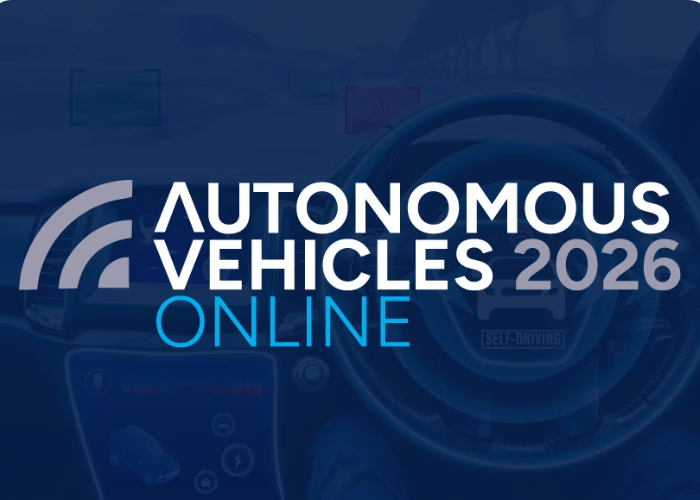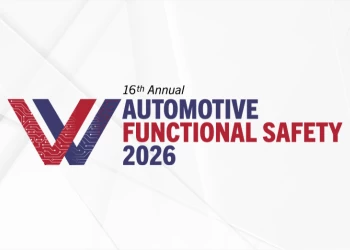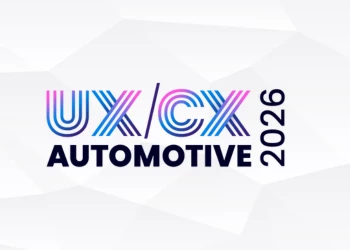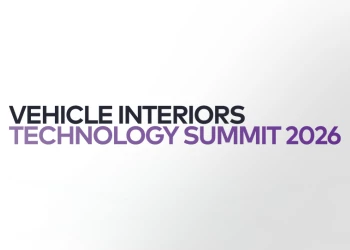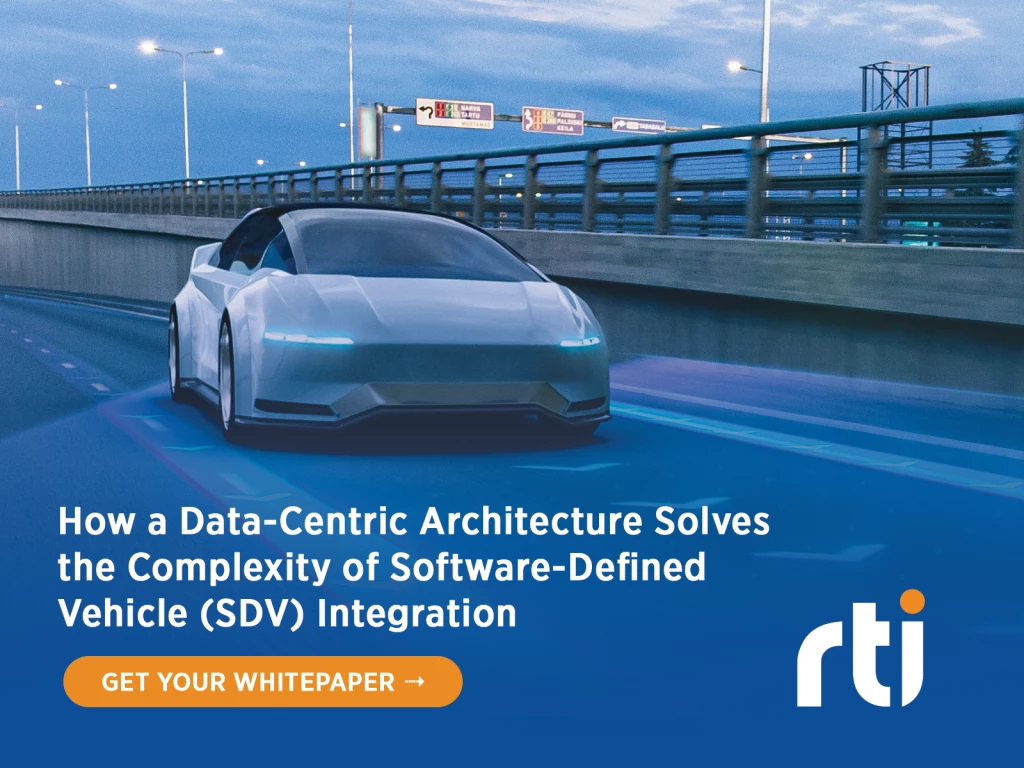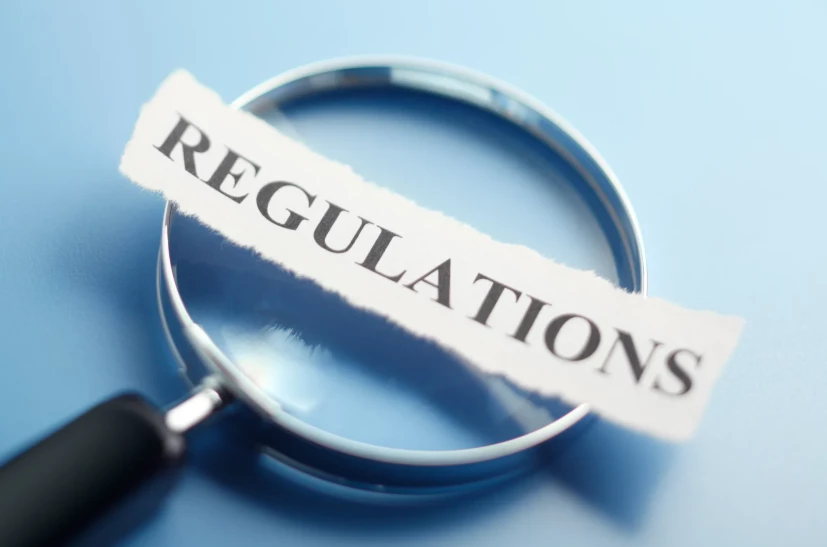Q&A: Steven Wernikoff, Honigman LLP
"What stands in the way of development? Lack of trust..."
Add bookmark
Autonomous Vehicles Online is the new online event from the team at Automotive IQ. It takes place from May 26-27 and aims to bring together significant speakers to talk about the state of the self-driving vehicle industry right now, and how it’s likely to change in the coming months.
Day one will see selected speakers and specially invited sponsors discuss more general trends in autonomy as it stands, while day two will focus more on the rules and regulations that govern the industry as a whole.
Meet the speaker

Key to ensuring the safety and security of the whole autonomous vehicle industry is ensuring that rules and regulations are fit for purpose.
Steven Wernikoff (left), partner and co-leader in data security and privacy litigation practice at Honigman LLP in Chicago will bring these topics to life in his session ‘How is the testing and deployment of autonomous vehicles being regulated?’
Ahead of the event, we caught up with him to gain more insights into legal issues and self-driving vehicles.
Automotive IQ Part of your role at Honigman is co-leading the practice’s legal work surrounding autonomous vehicles. Could you share some insights into what this entails, and some of the types of work this involves?
Steven Wernikoff Honigman was one of the first law firms to establish a group dedicated to autonomous vehicle technology. The team combines a deep knowledge of the auto industry with vast expertise in the technology space to provide sophisticated, integrated counsel to technology companies, OEMs, parts manufacturers and strategic investors involved in the development of self-driving and connected cars and trucks.
Our group includes attorneys with degrees and work experience in various sciences, software, engineering, and government. We serve as a business partner with our clients and advise in a broad range of areas.
These include mergers, acquisitions, and investments; intellectual property counselling, commercial transactions; and regulatory guidance, such as assisting with testing and deployment, and helping manage data use, monetization, privacy and cybersecurity issues.
AIQ What are the most significant challenges regarding autonomous vehicle regulation right now?
SW A major challenge is calibrating regulation so that it prioritizes safety while supporting innovation and ingenuity. Because AV technology is still largely in the research and development phase, safety data is relatively limited and a standardized vocabulary and methodology for evaluating and regulating safety is still being developed.
In the US, the federal government historically has been responsible for vehicle safety, and states have governed driver-related aspects such as licensing and registration. But those distinctions are blurring as the roles of drivers and vehicles merge.
As a result, it can be difficult for regulators to pinpoint when autonomous vehicles should be permitted on roads, and which specific safety standards, such as those requiring steering wheels and brake pedals, can be relaxed to allow thorough testing. It is also challenging to regulate cybersecurity threats and data considerations.
AIQ You have significant experience concerning data security and emerging technologies. Could you tell us how this may have an effect on the autonomous vehicle space?
SW With vehicle technology advancements, the security of data collected by vehicle computers and the protection of on-board systems against intrusion is becoming more important. Protecting autonomous vehicles from hackers is therefore a vital consideration for governments, manufacturers, and service providers.
And, aside from hackers, many legitimate entities would like access to vehicle data, including vehicle and component manufacturers, suppliers providing technology and sensors, vehicle owner and occupants, urban planners, insurance companies, and law enforcement.
So another issue is properly managing driver and passenger data as well as the data of passive third-parties – such as pedestrians about whom AVs may collect data – to ensure compliance with regulations governing data access, collection, use, and sharing. At Honigman, we actively collaborate with our clients to stay on top of this dynamic data landscape.
AIQ Autonomy is likely to impact the lives of a significant portion of society in the future. How do you see your role in the wider landscape of encouraging the adoption of self-driving vehicles?
SW We see ourselves as partners with our clients to promote pathways for autonomous vehicle deployment. Widespread adoption of self-driving vehicles will largely depend on the amount of trust consumers have in the technology.
A lack of trust could hamper development and slow down deployment once the technology matures, preventing society from taking advantage of the game-changing advantages offered by autonomous vehicles.
Our AV group utilizes our significant cross-disciplinary experience in the automotive, technology and manufacturing sectors to work with companies holistically to ensure that they are doing all they can to foster trust in their products.
This work includes securing appropriate intellectual property rights, ensuring the company exceeds regulatory requirements and appropriately represents the capabilities of its products, and constructing commercial agreements that protect the company and consumers.
AIQ Your session in Automotive IQ’s Autonomous Vehicles Online event will answer the question ‘How is the testing and deployment of autonomous vehicles being regulated?’ Could you share some of the main themes of your talk?
SW This session will discuss the central laws and regulations that OEMs and technology companies in the AV space need to be aware of now – particularly in the US – and the direction that regulations may move in the future.
The session will consider AV testing and deployment requirements, federal safety standards, and privacy and cybersecurity laws. The session is aimed at providing some information for companies to help them stay legally compliant and develop trust in their brand while building innovative products.
To learn more about the full line-up of speakers, the confirmed agenda, and to register for the event, visit the dedicated Autonomous Vehicles Online site.



